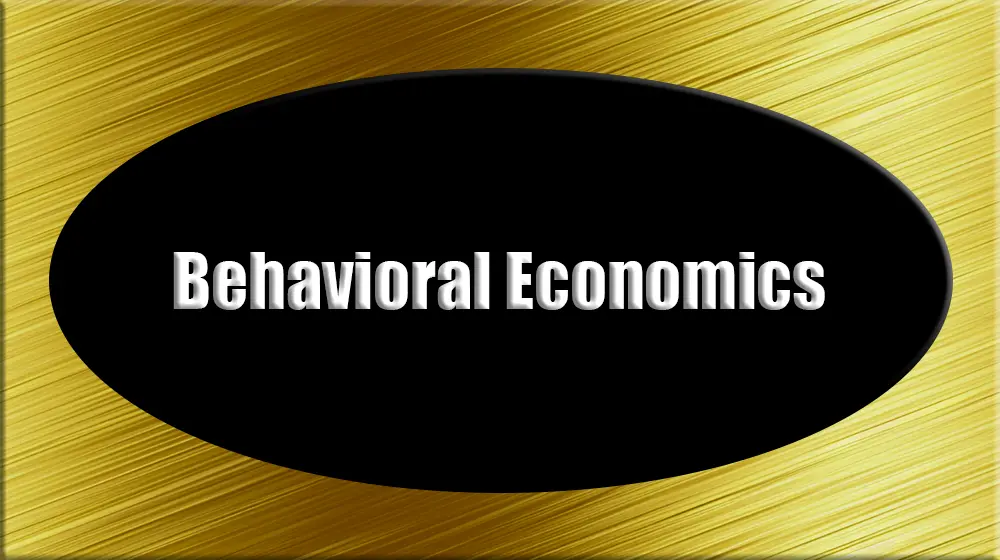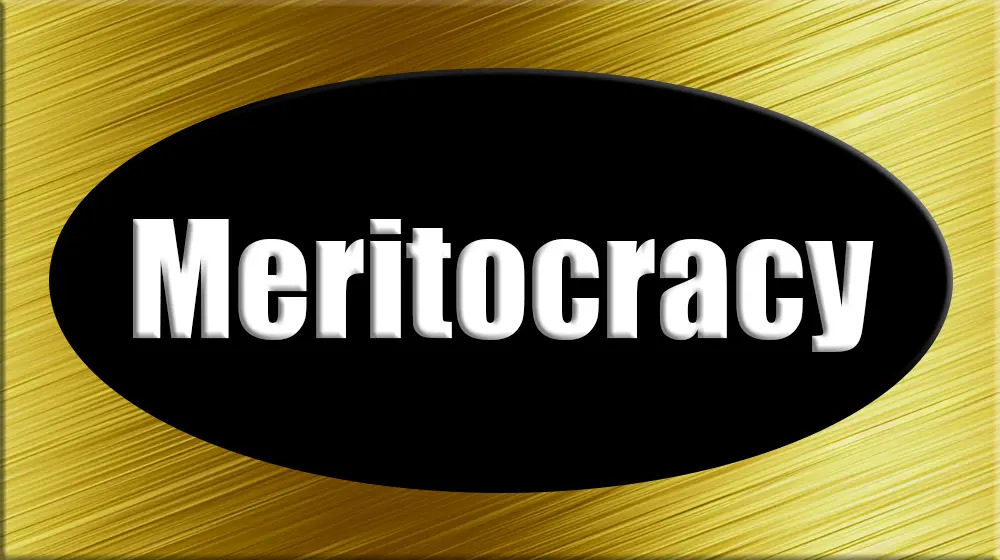Behavioral economics is a field of study that combines insights from psychology and economics to explore how people actually behave in economic situations, as opposed to how they would behave if they were perfectly rational and fully informed. Unlike traditional economics, which assumes that individuals always make decisions that maximize their utility, behavioral economics acknowledges that humans often make decisions that are irrational, influenced by biases, emotions, and social factors.
Key concepts in behavioral economics include:
- Bounded Rationality: The idea that individuals are limited in their ability to process information and make perfectly rational decisions due to cognitive limitations and the complexity of the environment.
- Heuristics: Mental shortcuts or rules of thumb that people use to make decisions quickly and efficiently, but which can sometimes lead to systematic errors or biases.
- Prospect Theory: A theory that describes how people value potential losses and gains differently, leading to decisions that deviate from expected utility theory. People tend to be more sensitive to losses than to gains of the same size, known as loss aversion.
- Nudging: The concept of subtly guiding people\’s choices through changes in the way options are presented or structured, without restricting their freedom to choose. Nudges aim to improve decision-making by leveraging predictable biases.
- Anchoring: The tendency to rely too heavily on the first piece of information encountered (the \”anchor\”) when making decisions, which can skew judgments and evaluations.
- Social Preferences: The consideration of fairness, reciprocity, and altruism in decision-making, highlighting that individuals often care about the welfare of others and not just their own outcomes.
Behavioral economics has significant implications for public policy, marketing, finance, and many other fields, as it provides a more accurate understanding of human behavior and can lead to better-designed interventions and policies that account for real-world decision-making processes.

